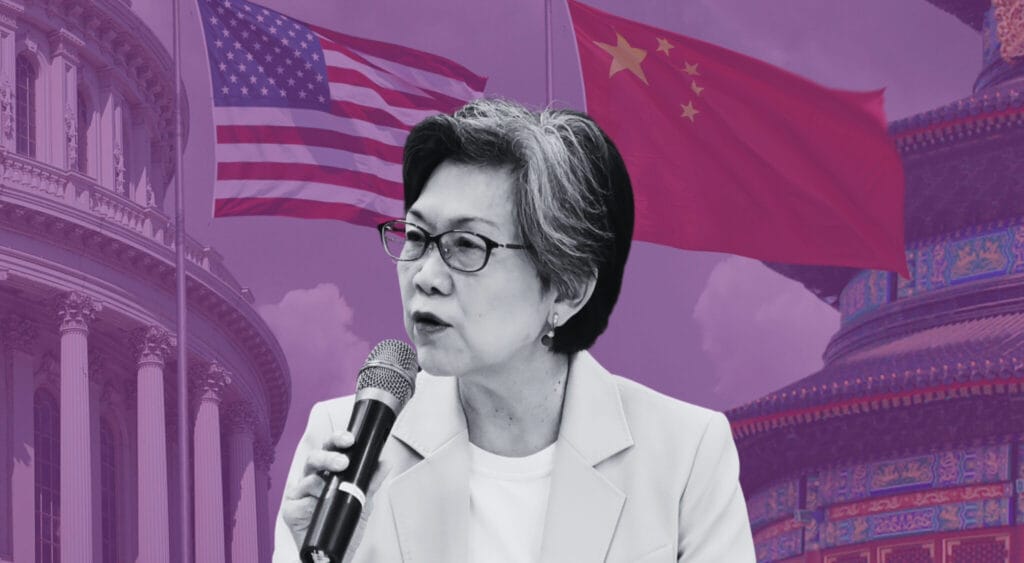In Asia’s Reckoning: The Struggle for Global Dominance, author Richard McGregor, former bureau chief for the Financial Times in Shanghai, Beijing and Washington, examines the potential decline of Pax Americana and the upending of the status quo by an increasingly powerful China. In his book on the complex three-way relationship between China, Japan, and the United States, Mr. McGregor quotes SIIA Chairman Simon Tay:
In Singapore, Simon Tay, one of the city-state’s most articulate scholars, extolled the gradual displacement of Western democratic values in Asia by Chinese-style good governance dispensed by a meritocratic elite. At the moment when American influence was ebbing, he said in his 2010 book, Asia Alone, China had embarked on a sustained and multidimensional campaign to enhance friendships and gain influence, especially in Asia. What’s more, he argued, the program was working: “This effort has largely succeeded in ending enmity and suspicion.” Tay even suggested that ASEAN had begun to socialize a rising China to the region’s “norms of cooperation and peace.” Although he delivered that assessment with caveats, Tay was hardly alone in his optimism about the prospects for a kind of Pax Sinica to fill the vacuum left by a weakened Washington.
It remains possible that the United States could deliberately turn its back on the world, or slip into what Mr. McGregor calls “unruly decline”, unable to sustain engagement in certain regions. However, Mr. McGregor believes it is unlikely the US will “leave the region quietly”. That said, whatever path the US might take, China’s growing power has permanently upended the regional status quo. Beijing has begun building a new regional order, and the battle line for hegemony lies around the Japanese archipelago.
Mr. McGregor notes that prior to the Trump administration, most scenarios for American engagement with Asia assumed broad continuity with past policy, including trade liberalisation and a commitment to alliances. President Donald Trump’s decision to withdraw from the Trans-Pacific Partnership (TPP) therefore marks a pivotal moment, although once Japanese Prime Minister Shinzo Abe had a chance to sit down with Mr. Trump, Mr. McGregor argues that Mr. Trump has been more accomodating to Japanese concerns, at least on strategic issues.
However, there are limits to Mr. Trump’s commitment. As the conclusion of his book, Mr. McGregor cites an interview that Mr. Trump gave to The Economist in 2015 early in the Presidential race, on what he would do if Japan and China fell into conflict:
“If we step back, they will protect themselves very well,” Trump said. “Remember when Japan used to beat China routinely in wars? You know that, right? Japan used to beat China, they routinely beat China. Why are we defending [them at all]?”
Asia’s Reckoning: The Struggle for Global Dominance
Author: Richard McGregor
Publisher: Penguin
Published: 5 Jul 2018 (Paperback)
ISBN: 9780141982854
Featured Photo Credit: D. Myles Cullen (Executive Office of the President of the United States)





